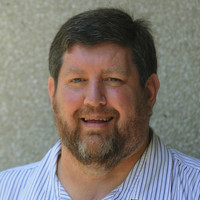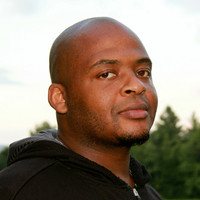Where Is Barack Obama?
“In fact, in private conversations, Obama rarely mentions Trump at all. Those who’ve visited the office he’s leased from the World Wildlife Fund in Washington’s West End say he’s eager to talk for hours about the world’s ills. When informed about the latest presidential tweetstorms aimed at him, he chuckles and changes the subject. One friend of Obama’s recalled that after a 45-minute meeting that avoided the subject of Trump entirely, the pair ducked into an aide’s office and saw on television that the president was claiming to have been absolved in the Russia inquiry. Obama’s eyes flicked toward the chyron and his face took on a decidedly bemused aspect for a beat before he turned back to their conversation as if nothing had happened.”


